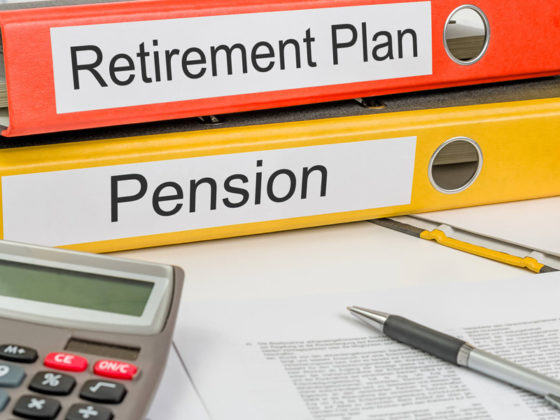The convenience of using credit cards on travel can be outweighed by the costs if you do not use them wisely, but if you select the best card for travel and use it well, the savings can be considerable. Here are some tips for ensuring you are making the most of your travel money and using your credit cards well.
Do the Research
Even if you are happy with your credit card, it still pays dividends to do some research because the best credit card for use in the UK is often not the best choice for when you travel abroad and domestic cards often add on loading and foreign exchange charges. There are many websites that enable you to compare the credit cards available, including money.co.uk and moneysupermarket.com.
Pay Bills in Full
Most credit cards only charge interest if you do not pay the bill on time and in full, so keeping abreast of the bills will save you a lot of money. Many credit cards especially designed for travel purposes will still charge interest on cash withdrawals even if you do pay the bill in full, so check the conditions of your card before you travel and select a new one or adjust the way you access money.
While you are travelling, make sure you can still pay your bill on time to avoid interest charges. Many providers allow you to pay online. If you cannot manage to pay the bill in full at least try to pay off more than the minimum.
Interest Rate/APR
Current interest rates in the UK tend to be in single digits, so if you are paying over about 12% you are probably paying too much. The APR (annual percentage rate) is an annual rather than monthly figure and includes many of the fees (but not cash advances), and so is a good figure to use for comparing one credit card against another and ensuring your card is best for your purposes.
If you have had your credit card for some time and think you are paying too much interest, talk to the bank as many are flexible and may reduce your APR in order to keep you as a customer.
Load/Foreign Exchange
Many credit cards, especially those meant primarily for domestic use, charge a load over and above the foreign exchange rate when transactions are made abroad, and this can add up to quite a lot over a period of travel even when transaction amounts are small. It can pay to have a separate card specifically for travel, and there are several cards available, such as Capital One and Saga, that are geared towards travellers and have zero percent load.
No Cash Advances
You will need some foreign currency in cash when you travel, but it is usually better not to get it via a cash advance on your credit card because the fees can be quite high and many travel credit cards charge you interest on the cash advance even if you pay the bill in full.
Cover Emergencies Without Credit
If something goes wrong while you are travelling abroad, it can be tempting to charge the costs to the credit card and hope to pay it off eventually. If you cannot cover the cost and pay the bill in full, it could cost you a great deal in interest and it may be some time before you can pay off the full amount. It is better to have contingency plans that do not involve taking on more credit, and this means having a travel budget that is reasonable and has margins for the unexpected, and ensuring you are adequately covered by insurance.
Rewards
Many credit cards offer rewards that are useful for travellers, and these can be a good way of securing travel money savings. Rewards can be in the form of travel miles, or discounts on everything from flights to hotels and restaurants. One drawback with rewards is that interest rates are often higher than they are for cards that do not offer rewards, and so they only make sense if you are certain you can always pay the bill in full and on time, even when you are travelling.





